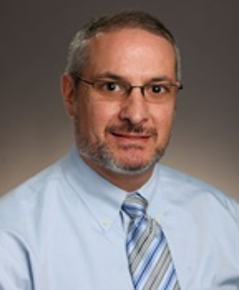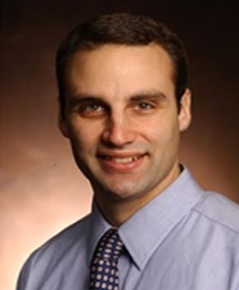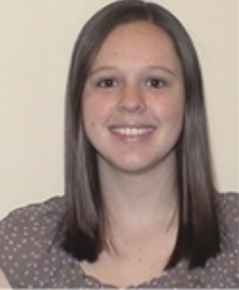Established consensus guidelines for ADHD care exist but can be challenging to implement in typical community-based pediatric practices. With a mission to improve the quality of ADHD care in the tri-state region, Cincinnati Children’s Hospital Medical Center (CCHMC) developed a program called the ADHD Collaborative to promote guideline adoption among local community pediatricians. The program focused on providing provider education and modifying the office system using quality improvement (QI) methods to facilitate guideline adherence. The ADHD Collaborative was very successful at improving ADHD care, [1] and sustaining these practice behaviors over time at minimal cost to the project and to the office practice. [2] Unfortunately, the methods used in the ADHD Collaborative (i.e., didactic trainings, office-based training visits, providing QI tools, monitoring through chart review) were not amenable to spreading the intervention nationally.
To bring the powerful methods used in the Cincinnati ADHD Collaborative to pediatricians around the county, a team of clinical investigators at CCHMC developed the mehealth for ADHD on-line tool with input from pediatrician-, parent-, and teacher- stakeholders. mehealth for ADHD integrates quality improvement methods with clinical utility that is specifically designed for use in community-based pediatric settings. mehealth for ADHD has been tested in two separate randomized controlled trials (RCT). Both RCTs showed dramatic improvements in the ADHD care quality at practices using mehealth for ADHD compared to control practices providing typical care. [3,4] Moreover, our most recent clinical trial demonstrated that children treated with ADHD medications at practices using mehealth for ADHD had significantly greater ADHD symptom reductions than children treated at control practices. [4]


William B. Brinkman, MD, MEd, MSc, is the Carl Weihl Professor of Pediatrics and Director of the Division of General & Community Pediatrics. Dr. Brinkman leads a diverse, talented, multidisciplinary team who share a passion and commitment to transform the delivery of primary care and improve population health through exceptional clinical programs, high-impact clinical and translational research, innovative educational programs, and effective academic and community partnerships

Caitlyn Clark, BA, is research coordinator at Cincinnati Children’s Center for ADHD for an NIH-funded R01 aimed at the nationwide dissemination of mehealth for ADHD to improve the quality of ADHD care among community-based pediatricians. Caitlyn is also program coordinator for Cincinnati Children’s Summer Treatment Program (STP), an evidence-based summer program for children with ADHD, founded in 1980 by William E. Pelham, Jr., Ph.D.
